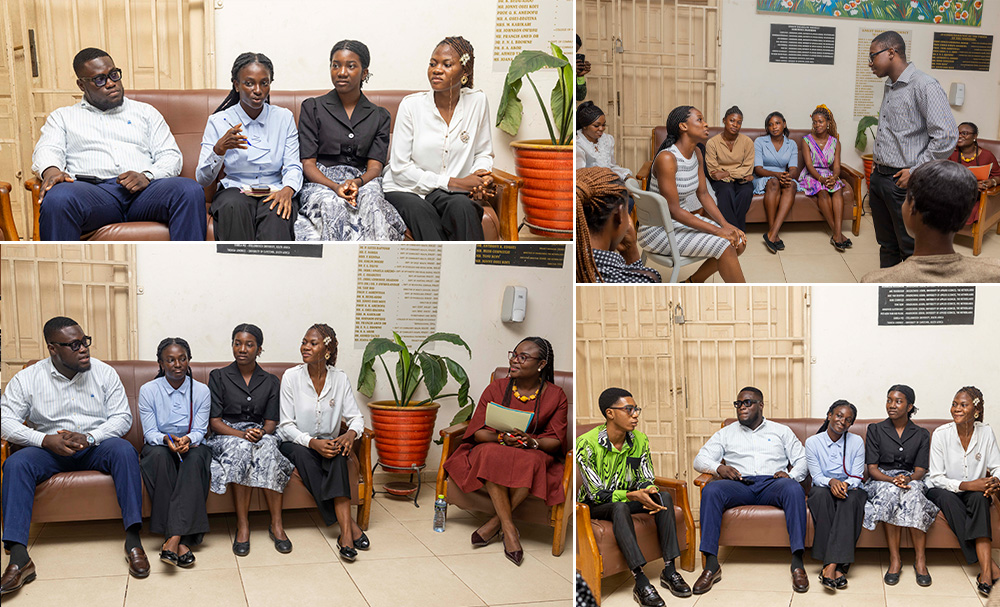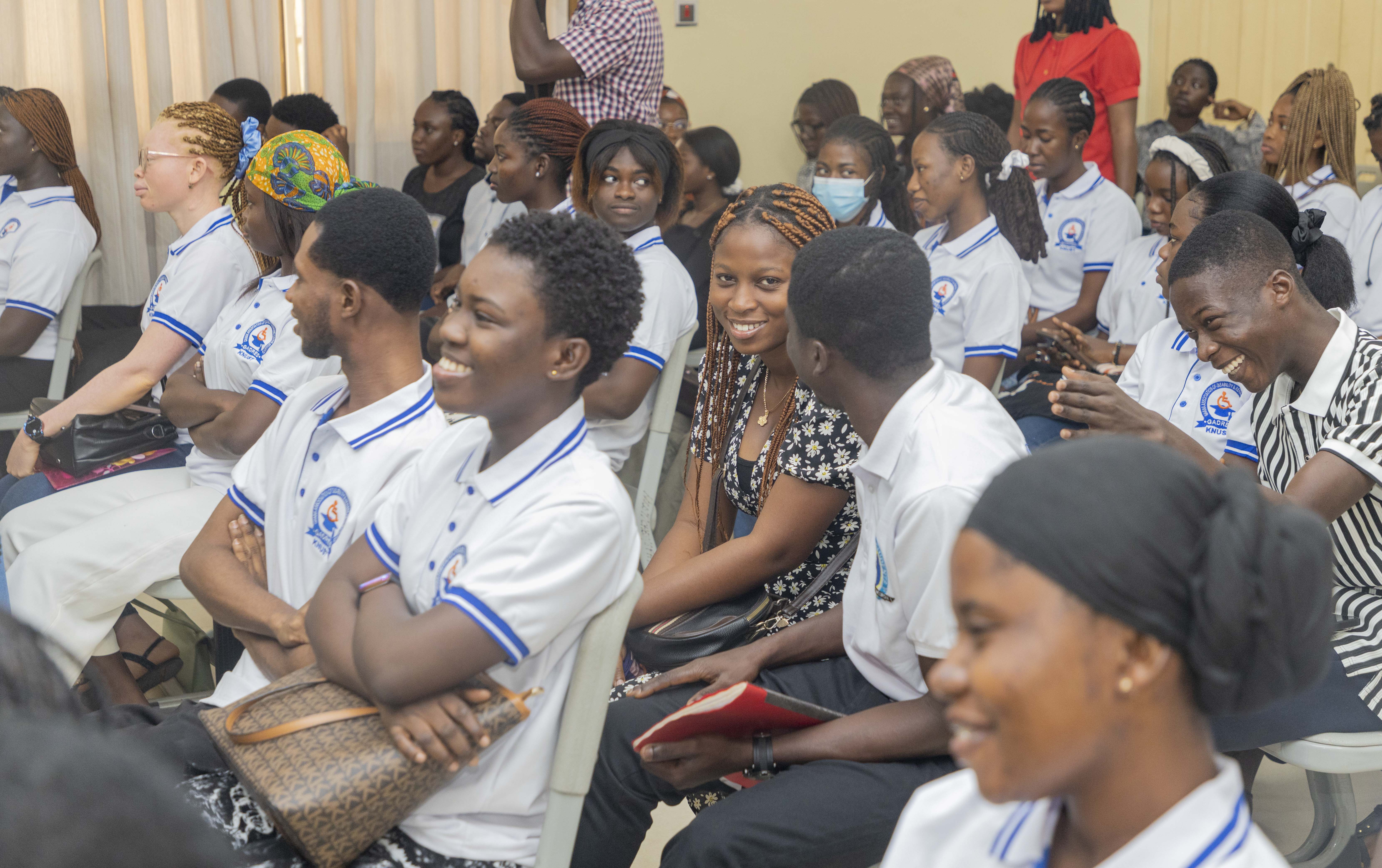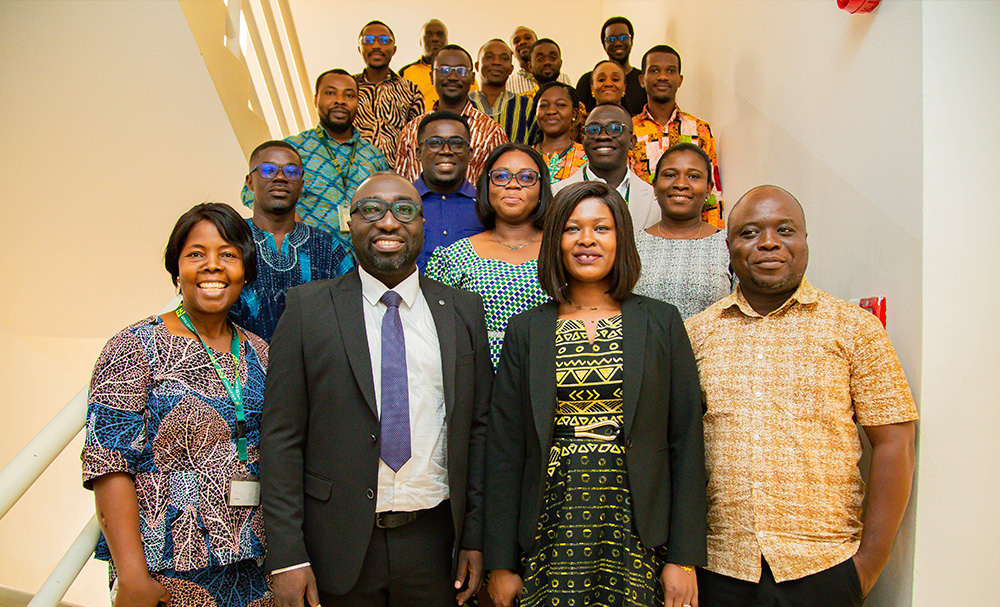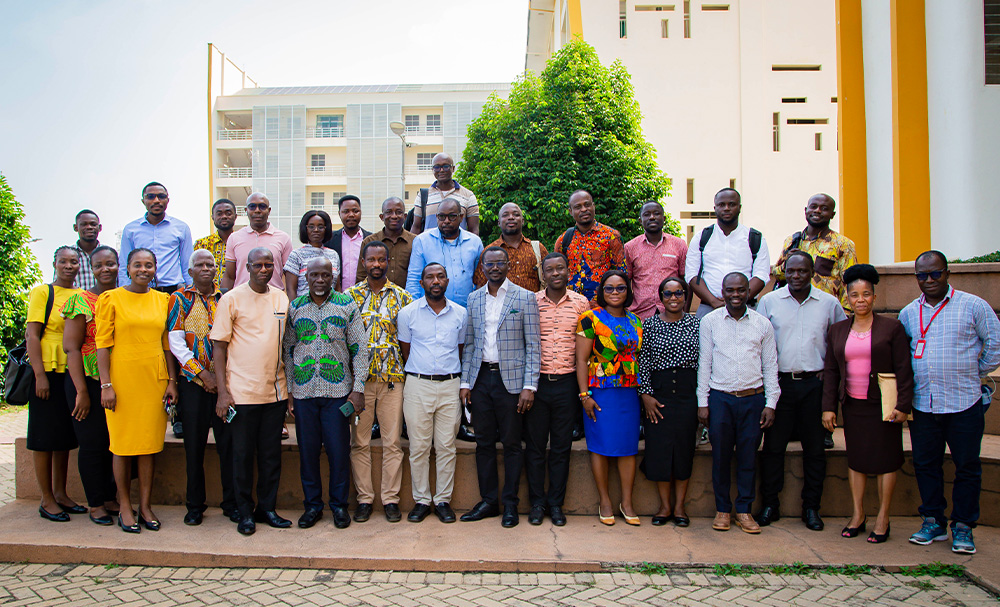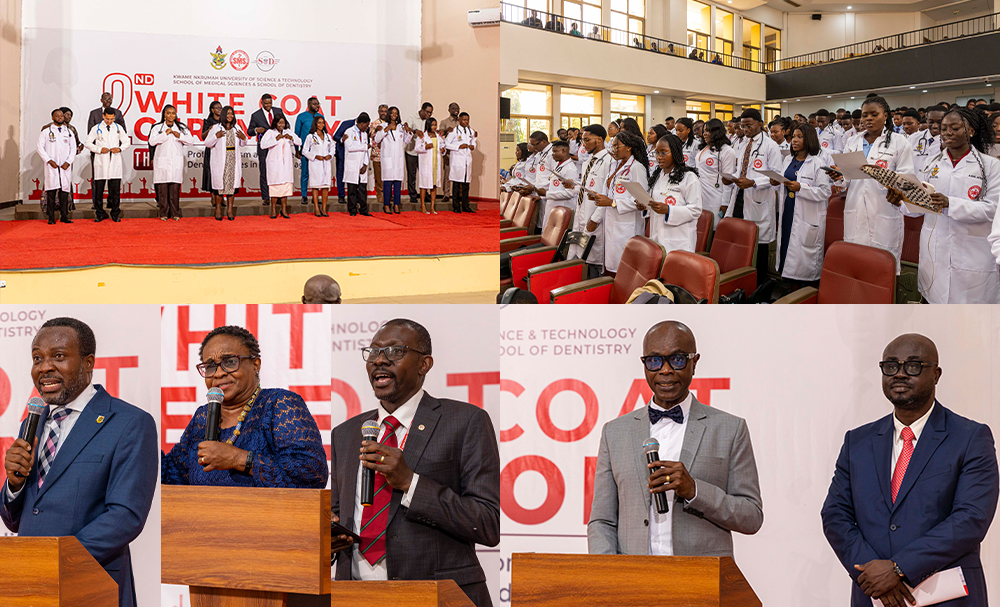KNUST Study Calls for Urgent Safety Measures in Ghana’s Timber Industry
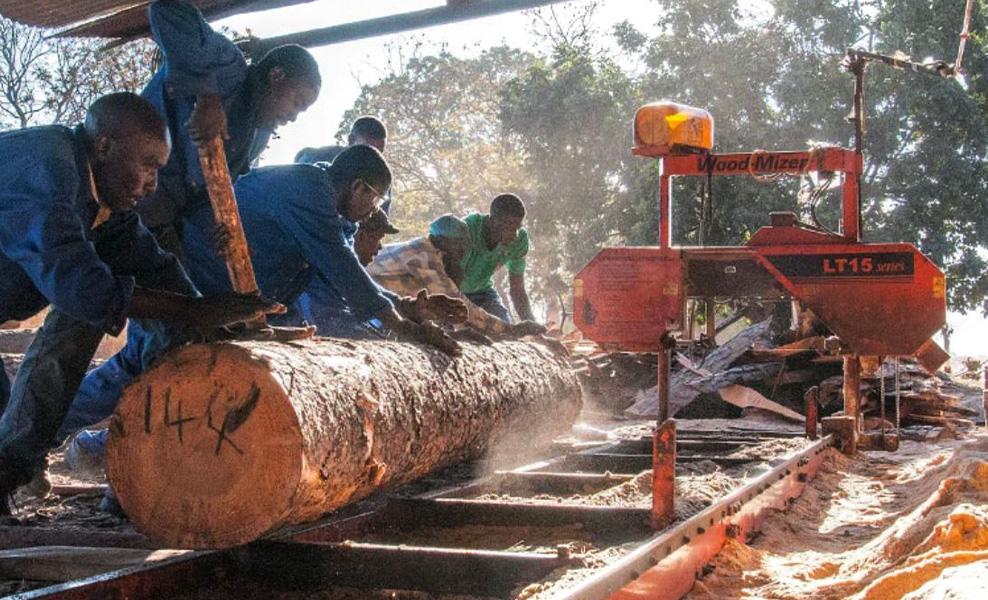
A study by researchers from the Kwame Nkrumah University of Science and Technology (KNUST) has revealed a troubling reality: nearly 7 in 10 small-scale sawmill workers at Sokoban Wood Village in Kumasi suffered work-related injuries within a single year.
The study, published in PLOS ONE, is one of the first to comprehensively assess the burden and causes of occupational injuries among sawmill workers in the country.
Conducted by a team of researchers from KNUST’s School of Public Health and affiliated institutions, the findings point to widespread risks in one of Kumasi’s busiest timber processing zones.
Of the 138 workers surveyed between, 66.7% reported being injured on the job in the previous 12 months. The most common injuries were cuts, usually caused by machine parts, sharp tools, or being struck by falling logs and objects. Legs and hands were the most frequently injured body parts.
The findings also revealed that only 40.7% of workers consistently used personal protective equipment (PPE), and that poor lighting, unsafe workspace layouts, and low monthly income were linked to a higher risk of injury. Older workers were slightly less likely to be injured, with the likelihood of injury decreasing with age.

